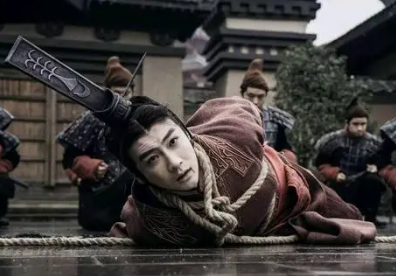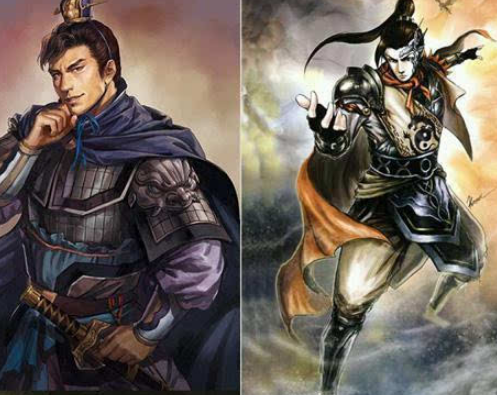The Manchu, as one of the important ethnic groups in Chinese history, possesses a rich and diverse surname culture with unique ethnic characteristics. With the development of history and social changes, some traditional Manchu surnames have undergone corresponding changes. This article will explore the modern transformations of the ten traditional Manchu surnames and their cultural significance. Among the traditional Manchu surnames, the most well-known include Aisin Gioro, Niohuru, Sumuru, Nara, Irgen Gioro, Gualjia, Tongjia, Majia, Qijia, and Sochoro. These surnames held high social status and influence during the Qing Dynasty, and some of them had close ties to the imperial family. Aisin Gioro, the surname of the Qing imperial family, is often simplified to "Jin" in modern times. Niohuru is often changed to "Lang." Sumuru is often changed to "Shu." Nara is changed to "Na" or "Nan" depending on pronunciation. Irgen Gioro is now often changed to "Zhao." Gualjia is often changed to "Guan." Tongjia is often changed to "Tong." Majia is changed to "Ma." Qijia is changed to "Qi." Sochoro is changed to "Suo." These changes in surnames not only reflect the transformation of the Manchu social structure, but also embody the historical process of ethnic cultural integration. As the Manchu people interacted and integrated with the Han and other ethnic groups, many traditional Manchu surnames gradually adopted simpler Han Chinese surnames to adapt to the needs of social life. This change in surnames is both an adaptation and adjustment to traditional culture, as well as a transformation of ethnic identity. In this process, the Manchu people have retained their ethnic memory and cultural traditions, while actively participating in the diverse cultural exchange of the Chinese nation. The modern transformations of the ten Manchu surnames are a manifestation of the diversity and inclusiveness of Chinese traditional culture. These changes in surnames not only allow us to see the layers of ethnic history, but also provide us with important clues to understand and study the history and culture of the Manchu people. Through understanding these surname changes, we can gain a deeper understanding of the history and culture of the Manchu people, as well as their unique status and contributions in the big family of the Chinese nation.

Disclaimer: The above content is sourced from the internet and the copyright belongs to the original author. If there is any infringement of your original copyright, please inform us and we will delete the relevant content as soon as possible.






























